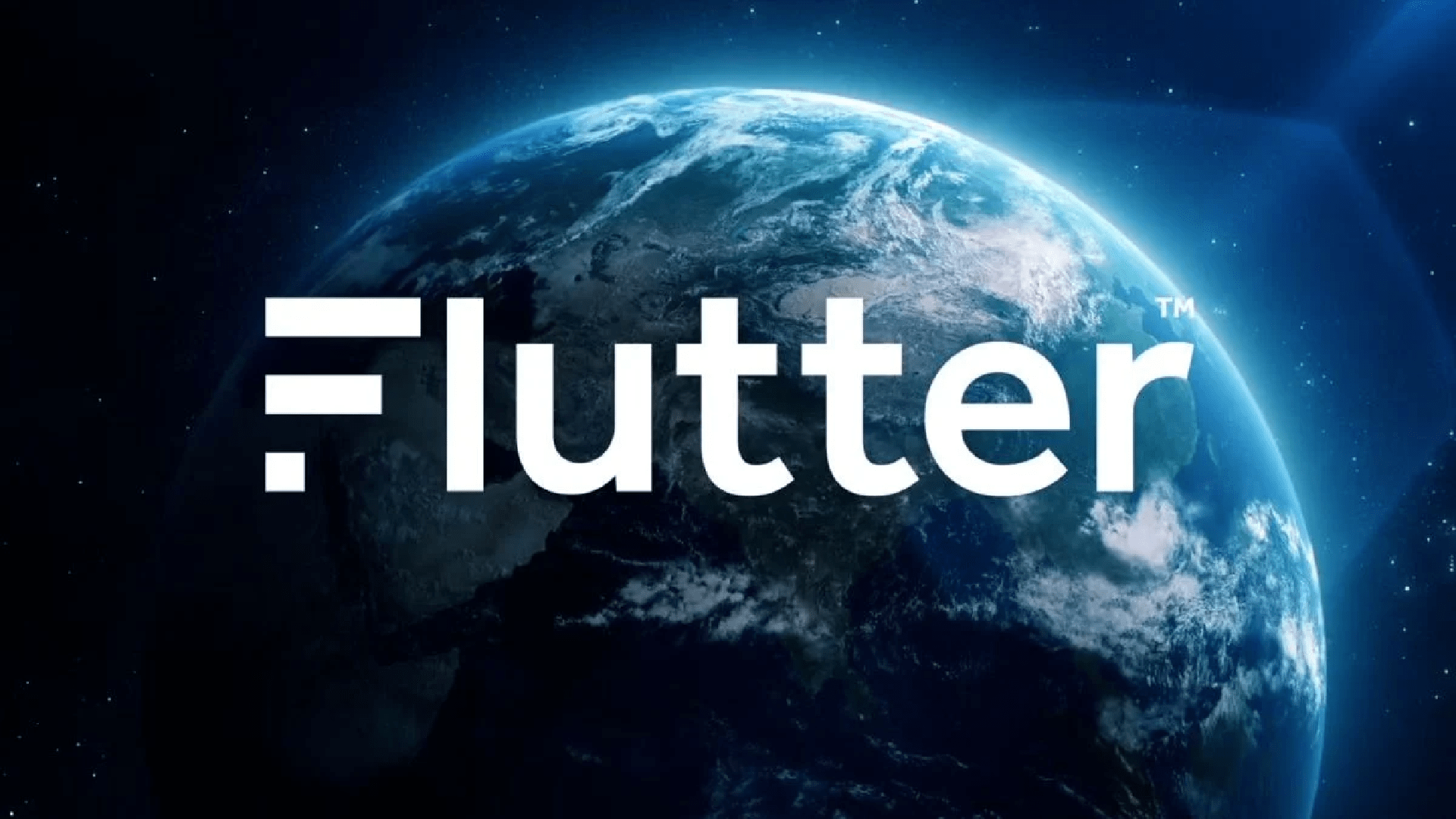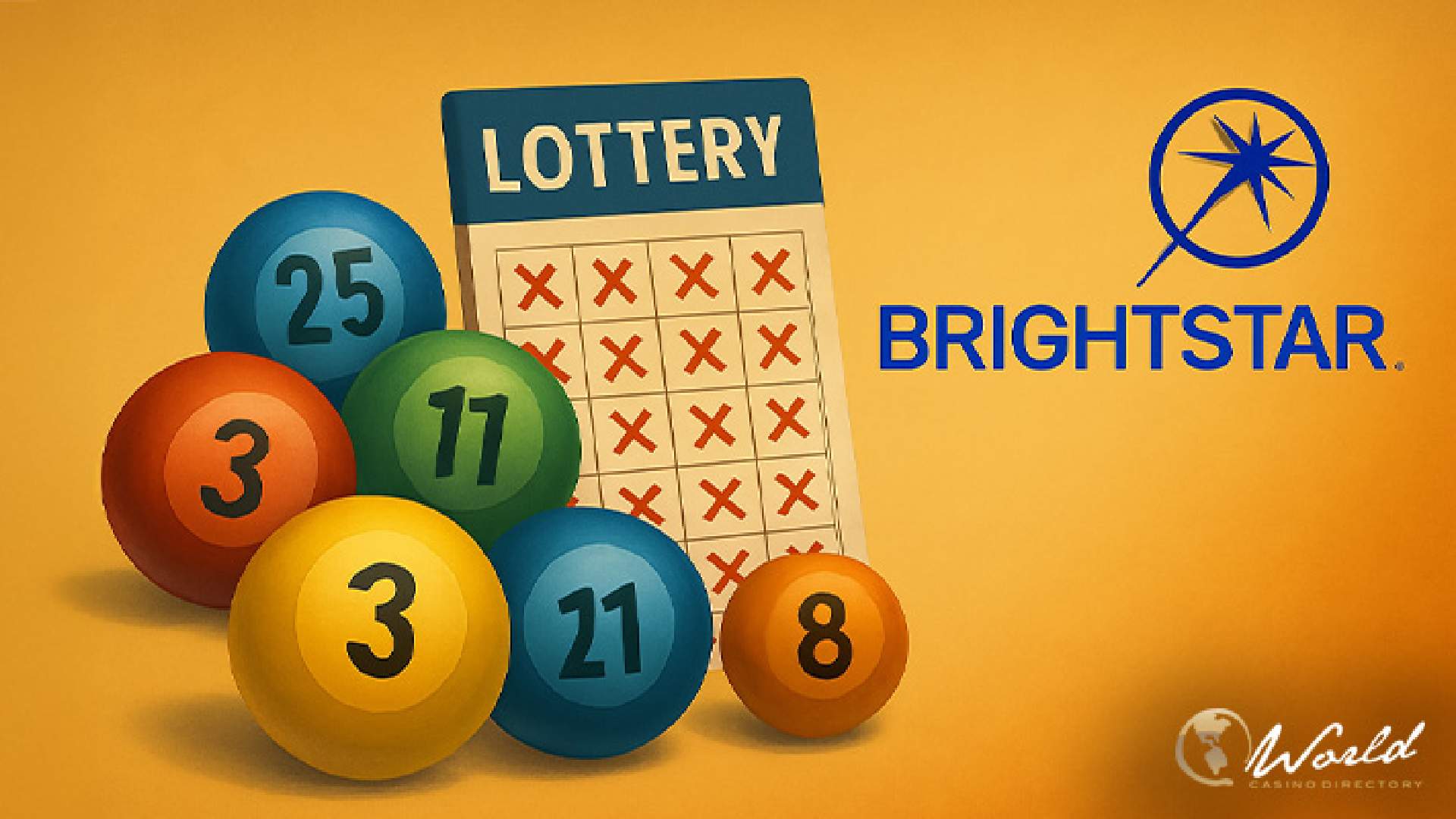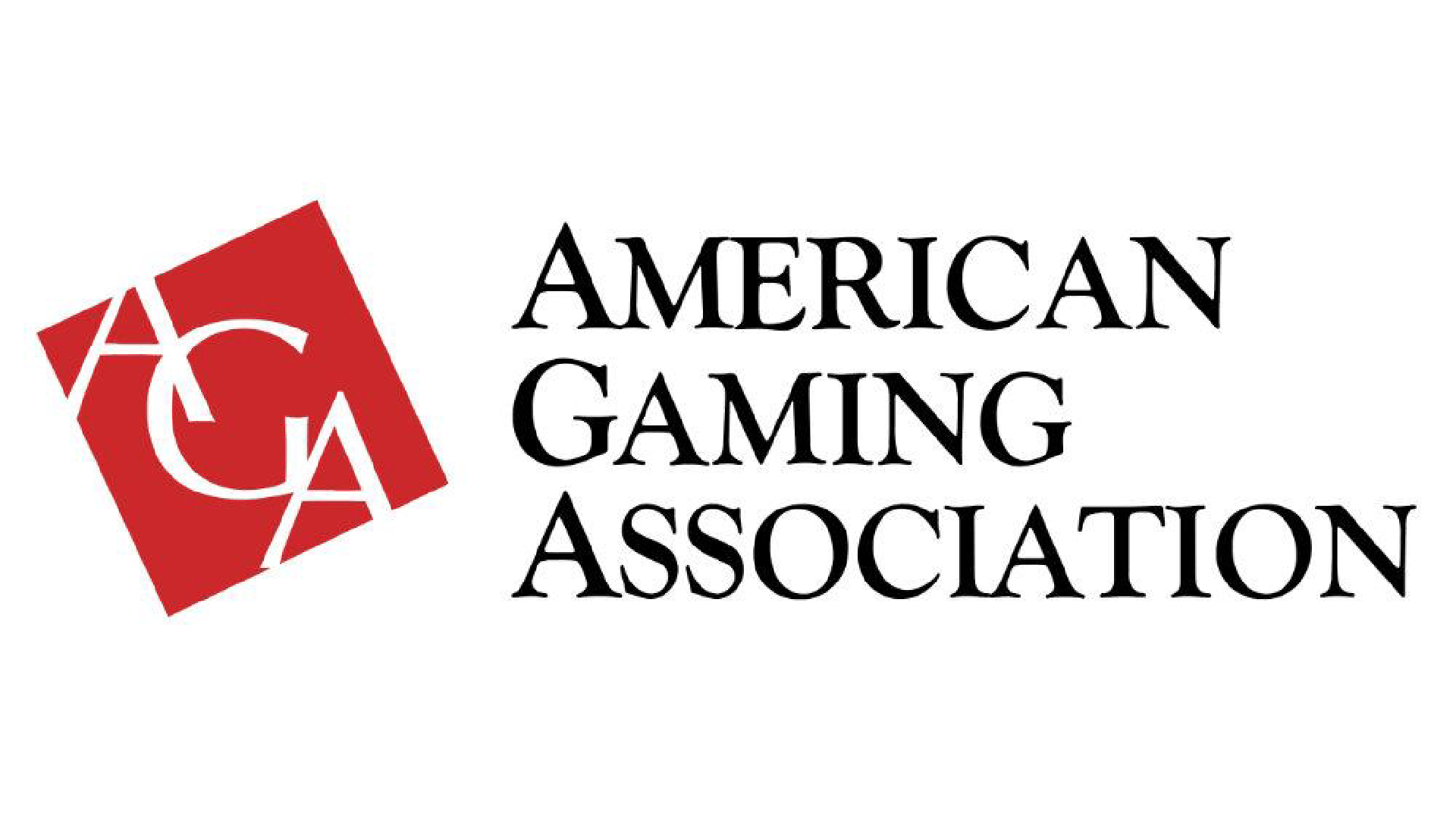Flutter, IGT ‘Best in Class’ Gaming Stocks Amid Tariff Unrest

Gaming stocks have been hit hard due to the US imposing tariffs on several trading partners — a decision that has increased the likelihood of a recession in the world’s largest economy. An economic downturn could negatively impact gaming stocks, yet some might show relative strength.
In a recent report, Stifel analyst Steven Wieczynski pointed out Flutter Entertainment (NYSE: FLUT) and International Game Technology (NYSE: IGT) as two betting-related stocks that may excel compared to others if a recession occurs. He admits that the research firm’s scope of gaming and leisure coverage is probably going to stay unfavored by investors for the rest of this year due to tariff impacts, but notes that FanDuel's parent company Flutter and IGT might perform adequately “even if the present conditions persist or worsen.”
"We believe FLUT’s market-leading recreational product, global technology strategy, and first-mover advantage creates a powerful moat with market share expansion resulting from structural margin advantage (higher parlay mix) & global secular shift towards more recreational players,” wrote Wieczynski.
The analyst noted that although the iGaming and online sports betting sectors are not exempt from a decline in consumer spending, those industries may demonstrate some resilience during a recession as consumers seek more affordable options to travel.
Additional Potential Tariff Advantages for Flutter
In the present climate, Flutter's asset-light approach may appeal to investors. The gaming firm does not run any physical casinos, which may be advantageous as tariffs are reducing the number of Canadian and Mexican tourists, among others, visiting the Las Vegas Strip.
Additionally, the currency conversion factor might serve as a boost for Flutter's financial outcomes. Tariffs may diminish the US dollar, offering a "translation tailwind for FLUT," states Wieczynski. The gaming stock might also benefit from operators having user bases that are becoming more recreational, suggesting that average bet sizes are low, indicating those bettors won’t have to significantly cut back during a recession.
The analyst also remarked that Flutter shares might rise due to factors such as consensus upgrades, possible inclusion in the S&P 500, and expansion of the total addressable market (TAM).
“Consensus appears reasonable approaching initial FY25E guidance, though we see upside to FY26/27E supported by TAM momentum, regulation-driven consolidation, bottoming headwinds, and top-line synergies,” he observed.
Wieczynski noted that investors might be at ease with owning either DraftKings (NASDAQ: DKNG) or Flutter currently, but Stifel favors higher-quality gaming stocks, leading the firm to emphasize the parent of FanDuel.
IGT Might Also Be a Strong Gaming Investment.
For various reasons, IGT may be a strong gaming stock comparatively. Its tariff exposure is decreasing as it is currently in the process of selling its slot machine division to Apollo Global Management (NYSE: APO). Selling off that unit might give IGT a safeguard in case casino operators cut back on slot purchases during an economic downturn.
Once that deal concludes, IGT will transform into a dedicated lottery provider. Wieczynski notes that part of the recent decline in the stock can be linked to uncertainty regarding the Italian lottery contract, yet he mentioned that IGT is expected to keep that business.
An additional advantage of the “lottery only” designation for IGT is that, when comparing peak to trough, US lottery sales fell by only 0.4% during the global financial crisis, showing that consumers continue to purchase lottery tickets even in tough economic times.






